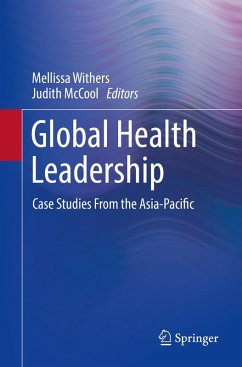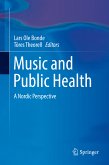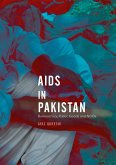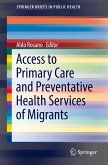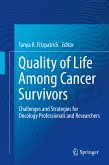This timely book serves as an overview of the challenges in global health leadership from multiple perspectives, bringing together an interdisciplinary group of academics, researchers, and leaders from around the world who are conducting innovative and high-quality research in the field of global health (GH). The book helps illustrate theoretical and conceptual ideas of leadership using recent examples of GH challenges from the Asia-Pacific region.
Leadership is an important element of education and training in GH. Leadership can be demonstrated by many sectors, including local and national government, intergovernmental and non-governmental organizations, multilateral organizations, civil society, and private individuals and corporations. The cases included in this book provide an analysis of the major components to successful efforts in GH, including cooperation, cultural competency, vision, and community ownership.
Given that GH practice is typically conducted in team settings with members from various backgrounds, this book provides students, faculty, and professionals in public health and related fields with an opportunity to examine multiple examples of leadership in different contexts. Readers learn how leaders have overcome challenges faced in the operationalization of complex health interventions, foreign policy, and working with key stakeholders and organizations.
This book aims to help students to:
- Identify key trends and issues working in GH contexts;
- Analyze situations in GH and explain the ways public health, health care, and other organizations can work together or individually to affect the health of a community;
- Recognize the ways that diversity influences policies, programs, services, and the health of a community;
- Support diverse perspectives in developing, implementing, and evaluating policies, programs, and servicesthat affect the health of a community;
- Identify characteristics of GH leaders;
- Learn about ways to identify and measure success in leadership; and
- Understand the challenges and barriers faced in GH programs and how to overcome those.
Dieser Download kann aus rechtlichen Gründen nur mit Rechnungsadresse in A, B, BG, CY, CZ, D, DK, EW, E, FIN, F, GR, HR, H, IRL, I, LT, L, LR, M, NL, PL, P, R, S, SLO, SK ausgeliefert werden.

